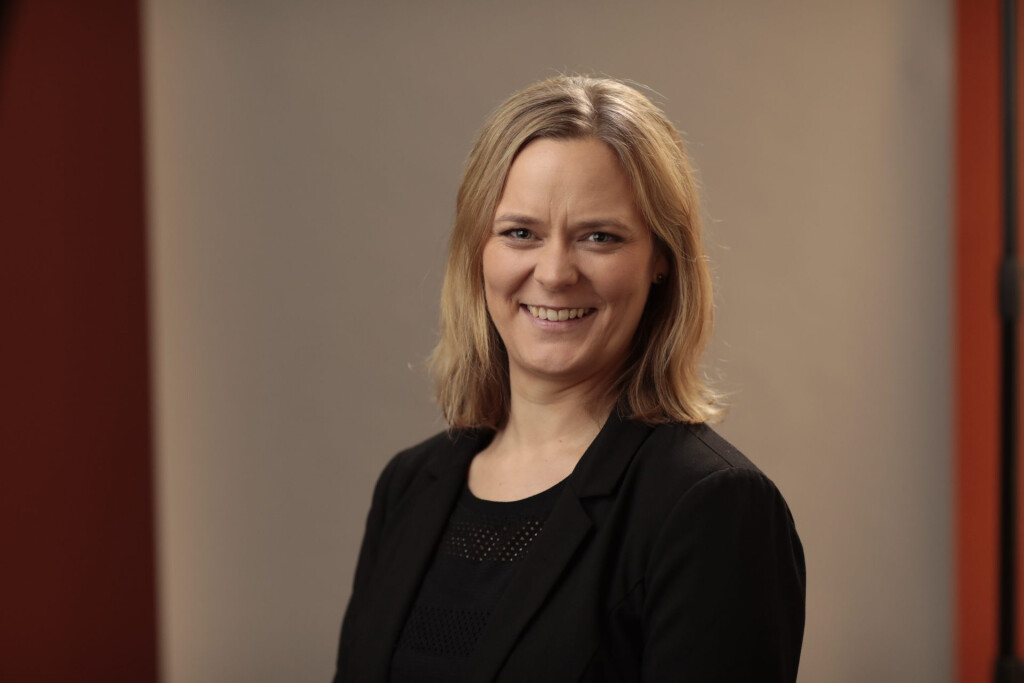Opinion: Politically wanted, but incapable – the failure of a private aid agency in Gaza.

Anica Heinlein from Care Germany on the dubious work of the GHF aid agency, supported by Israel and the US in the Gaza Strip. Her findings: an already dire situation has now become unbearable.
Since Hamas’ horrific attack on Israel on Oct. 7, 2023, Gaza has plunged into a humanitarian catastrophe of unimaginable scale. For nearly 20 months, aid organizations like CARE have attempted to deliver essential assistance. Yet they continue to face systemic obstruction – despite backing from the UN and other international actors. Relief supplies worth thousands of euros remain stuck in warehouses. What’s missing are the permits from Israeli authorities.
The past months have seen periods of total blockade – no electricity, no water, no supplies. The deliberate starvation of a civilian population in wartime amounts to a war crime.
CARE staff on the ground confirm that virtually the entire population has been displaced, again and again. Human Rights Watch has concluded that widespread, systematic forced displacement is being used as a state policy, constituting a crime against humanity.
Aid agencies have reported repeated attacks on humanitarian and medical staff. The number of aid workers killed is so high, collateral damage can no longer be cited as an explanation. These attacks, too, constitute war crimes.
Now comes the collapse of the Gaza Humanitarian Foundation (GHF), a private entity backed by Israel and the US. The Israeli government has largely delegated aid distribution to this organization. Yet GHF’s operations stand in stark contrast to the principles of professional humanitarian work, developed over decades by the UN and international NGOs.
Examples abound: GHF has consolidated dozens of existing distribution points into a handful of central hubs—all located in southern Gaza. That forces people to undertake long, dangerous journeys with 20-kilogram aid packages or move south entirely, worsening displacement. Those who remain risk violence and looting. This contradicts claims that NGOs can’t guarantee aid won’t fall into the wrong hands.
During the brief ceasefire in early 2025, when aid flowed more freely, looting nearly ceased. The market was saturated with food. This suggests that humanitarian suffering is being exploited, and that ensuring civilian supply lines was never the real goal.
To access GHF aid, Palestinians must hand over personal data – not only about themselves, but about their entire families. The required information far exceeds what’s typically collected to verify eligibility. Targeting aid based on undisclosed criteria violates the principle of need-based distribution. It’s also unclear what happens to this data or how the opaque GHF is financed.
GHF claims to offer aid that is secure, impartial, and professional. Yet international NGOs have guaranteed all of this for 20 months, lacking only one thing: the necessary security to do their work. The accusation that NGOs view GHF as mere competition misses the point. The real issue is whether aid adheres to humanitarian principles and meets people’s needs. After just days, it’s clear: this isn’t a teething problem. It’s the failure of an overstretched, unfit-for-purpose organization.
Operations were suspended repeatedly in GHF’s first two weeks – officially for "maintenance and efficiency improvements." These pauses followed deadly incidents at distribution points in Rafah and Deir al-Balah, where crowds seeking food came under fire. Many were killed. Hundreds were injured.
GHF is neither more efficient nor more cost-effective than UN-led systems. It’s expensive and reaches only a fraction of those in need, offering a single meal that doesn’t even meet daily calorie requirements. For over a million Palestinians, survival remains uncertain.
There are no answers as to how basic needs – like medical care, drinking water, sanitation, or protection – will be met. For malnourished children, flour isn’t enough. Clean water, therapeutic foods, and basic hygiene are needed. Right now, what’s arriving in Gaza is mostly flour – and bombs.
Since May 11, the number of functioning hospitals has dropped from 23 to 17. None are fully operational. How much suffering must occur before the world recognizes a red line has been crossed? This crisis is man-made. Ending it lies within human hands.
Humanitarian organizations in Gaza uphold the core principles of humanity, impartiality, neutrality, and independence, and are held to the highest standards of accountability. Are we really willing to abandon the hard-won progress of decades? It’s often only in hindsight that we realize what we’ve lost. That may well be the case here, at great cost to people in conflicts worldwide.
Those who later claim they didn’t know must be contradicted. Humanitarian groups have raised the alarm for nearly 20 months – largely in vain.
Anica Heinlein is Co-Head of Communications Advocacy at CARE Germany.
In today's environment, discussion inevitably involves controversial debates. Our goal is to present diverse perspectives, providing you with comprehensive insight into the breadth of current discourse. Opinion pieces reflect the views of their authors and do not represent those of the editorial team.
Letzte Aktualisierung: 24. Juli 2025
